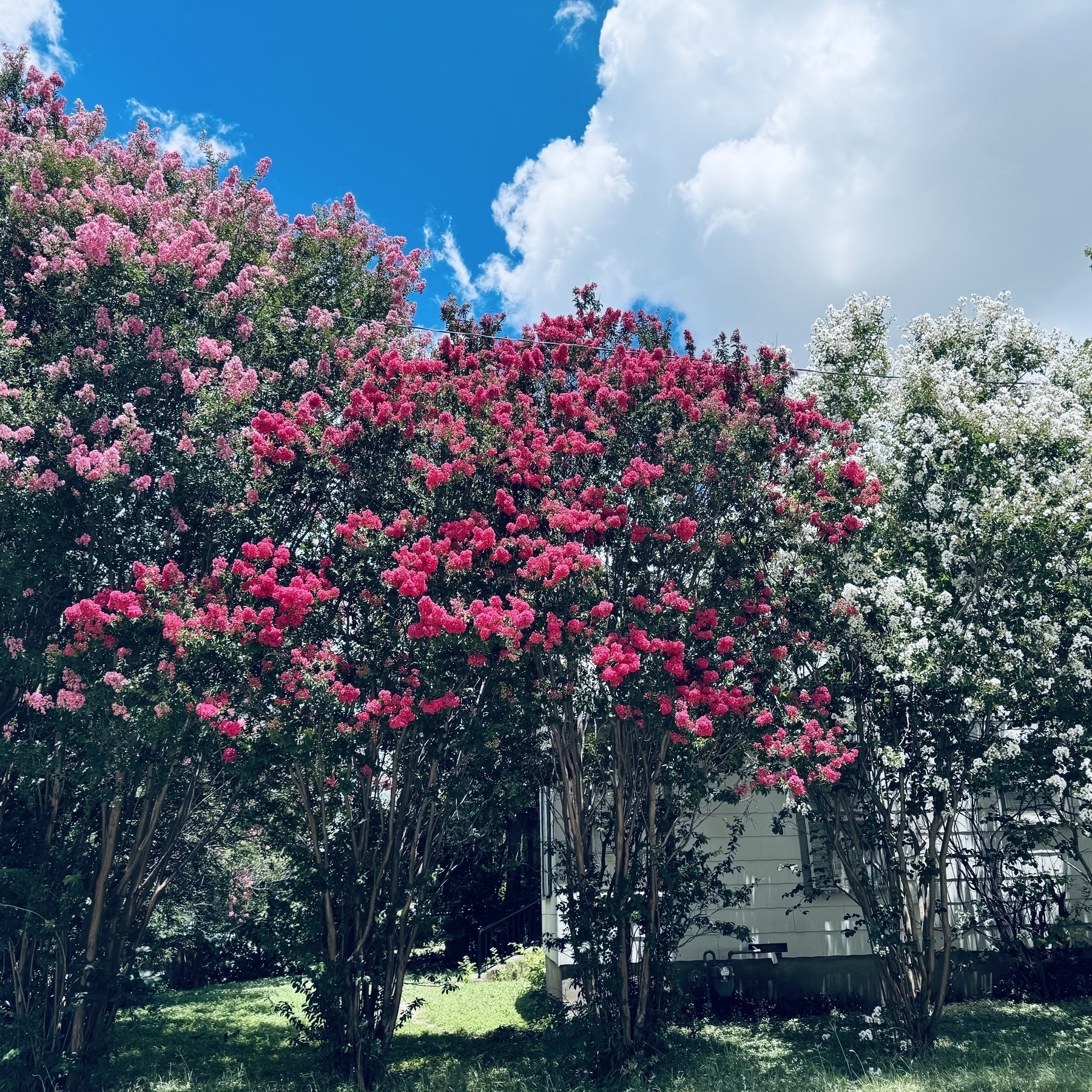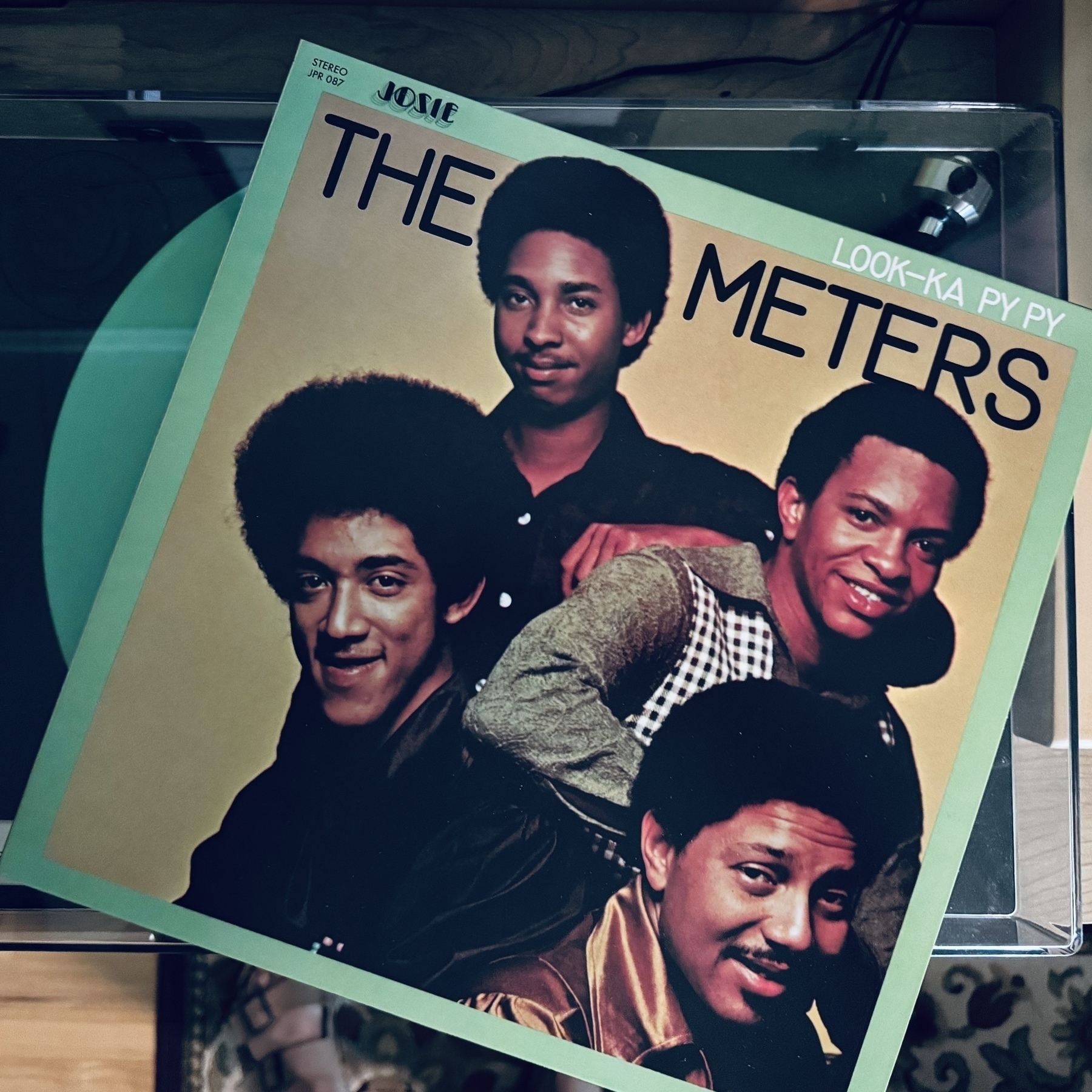Kieran Healy has just become a citizen of the U.S.A.:
I know the nationalities of my fellow oath-takers because of the next stage of the ceremony. This was the Roll Call of Nations. I did not know this was going to happen. Every country of origin represented was announced in turn. As your country was named, you were asked to stand up, and remain standing. Afghanistan came first. Then Algeria. The last person to stand, immediately to my left, was from the United Kingdom. There were twenty seven countries in all, out of only fifty or so people. For me this part in particular was enormously, irresistibly moving. It perfectly expressed the principle, the claim, the myth — as you please — that America is an idea. That it does not matter where you are from. That, in fact, America will in this moment explicitly and proudly acknowledge the sheer variety of places you are all from. That built in to the heart of the United States is the republican ideal not just that anyone can become an American, but that this possibility is what makes the country what it is.
Randall Jarrell famously defined the novel as “a prose narrative of some length that has something wrong with it.“ My books are prose arguments or expositions of some length that have many things wrong with them. In fact, the wrong things are the only things I remember about my books.
I’m delighted to see this review of Paradise Lost: A Biography — by the great Dana Gioia! Dana is absolutely correct to say that Malcolm X should have been in the book. He’s in my notes… I’m not totally sure how he didn’t make it into the final version.
There are young people spending the most carefree years of their lives mapping themselves out, categorising themselves for companies and advertisers. So much of their thinking is consumed by this. They don’t have memories anymore; only evidence, explanations, timelines of trauma. They don’t have relationships; only attachment figures, caregivers and co-regulators. And I think this is it, the cause of so much misery. We taught a generation that the meaning of life is not found outside in the world but inside their own heads. We underestimate it, this miserable business of understanding ourselves. I feel for the girls forensically analysing their childhoods while they are still in them, cramming their hope and pain and suffering into categories, reducing themselves down to trauma responses. It hurts to see this heartbreaking awareness we have inflicted on a generation, whose only understanding of the world is this militant searching, this reaching around for reasons. God, the life they are missing.
First post of a series on Dorothy L. Sayers, the emperor Constantine, and the Council of Nicaea.
Via Basic Apple Guy. I understand and in some cases approve of Apple’s move away from skeuomorphism, but I also think that every iteration of this icon gets worse. You want icons that communicate their meaning even before they’re consciously “read,” and for me the earlier versions do this better.
It’s crepe myrtle season here in central Texas.

Spending some quality time with the awesome Father’s Day present Wes got me.

I understand that many people work in soul-sucking corporate jobs that remind you of the uselessness of your efforts while keeping you shackled to doing them. And that sucks. But that’s a symptom of a much larger toxicity within late capitalism, and I can assure you that figuring out how to just do nothing is not going to fix your feelings of purposelessness and malaise. Indeed, many people find that they achieve escape from the drudgery of contemporary white collar existence through finding avenues to actually work in more intuitively meaningful and purposeful ways. Sometimes that means leaving their actual jobs for other types of employment that are more tangible and satisfying, oftentimes at the expense of making less. For others, this means embracing hobbies enjoyed in their off-hours that look an awful lot like jobs — building things, crafting things, fixing things. People get through “work” to then go engage in activities that many human beings once regarded as enervating labor. We’re a funny species like that. And yet alongside this persistent human attachment to various forms of effort and creation that sure do resemble an unpaid job, you have this seemingly limitless ambient sense that all forms of effort are best avoided, that if you can find a way to fob work off on someone (or some algorithm) else, you should, that we are all looking to find more time in which to be in a state of total leisure. But leisure is only really satisfying when it exists in contrast with purposeful effort.
A couple of years ago I wrote something along these lines.
As someone who has unwittingly and unwillingly donated millions of words to train LLMs, I’m quite interested in the possibility of a class action settlement. But I’m not sure whether I’d prefer cash or an end to current training practices.
Finished reading: The Magic of Code by Samuel Arbesman 📚. I really enjoyed this book, and may have more to say about it later; it put me in mind of a period in my life when I was first discovering the fascination of code. I wrote about that in a series of essays for Books & Culture, and have re-posted those on my big blog, all 18,000 words: “Computer Control.”
My review of Martin Woessner’s brilliant book on the philosophical significance of Terrence Malick’s films is out from behind its paywall.
I’m conscious of the fact that it is, in some sense, stupid of me not to be on Substack. At the very least, I could be sending my newsletter for free, instead of paying a hundred bucks a month! Yet I suppose I think it’s the stupid choices that are the important ones. And I suppose I think the standard for art is that it doesn’t just play the game, but invents it. On an internet crowded with creators climbing over each other to obey each platform’s demands, follow its Best Practices (which harden into mandatory genres: quick-setting concrete), there is, I believe, an incandescence to stubborn specificity.
Everything in this post could’ve been siphoned straight from my brain. This is exactly why I’m on the open web rather than on a platform that, while increasingly prominent, is also increasingly enshittified.
“Far Away Blues” (1923):
We left our southern home and wandered north to roam
Like birds, went seekin’ a brand new field of corn
We don’t know why we’re here
But we’re up here just the same
And we are just the lonesomest girls that’s ever born
A fun brief video about one of the more curious places on the Baylor campus: the Armstrong Browning Library.

